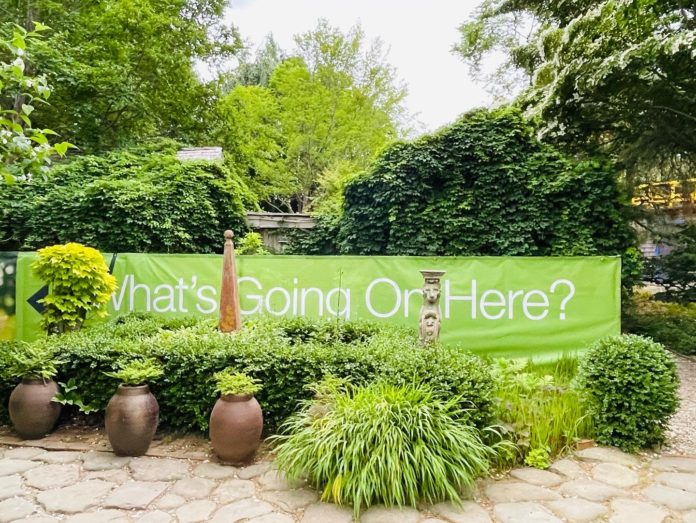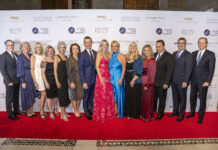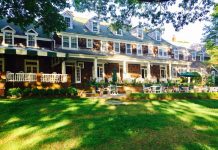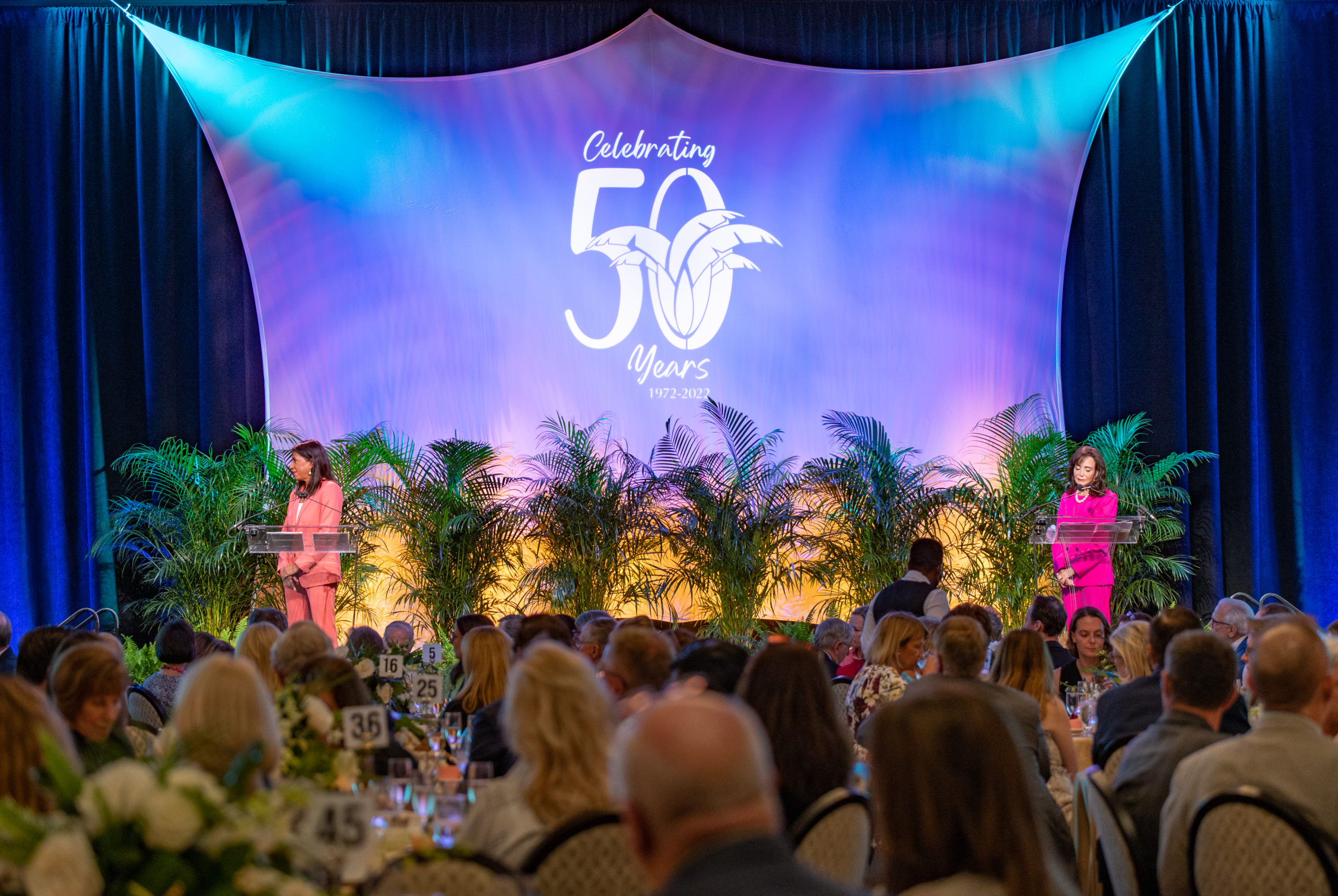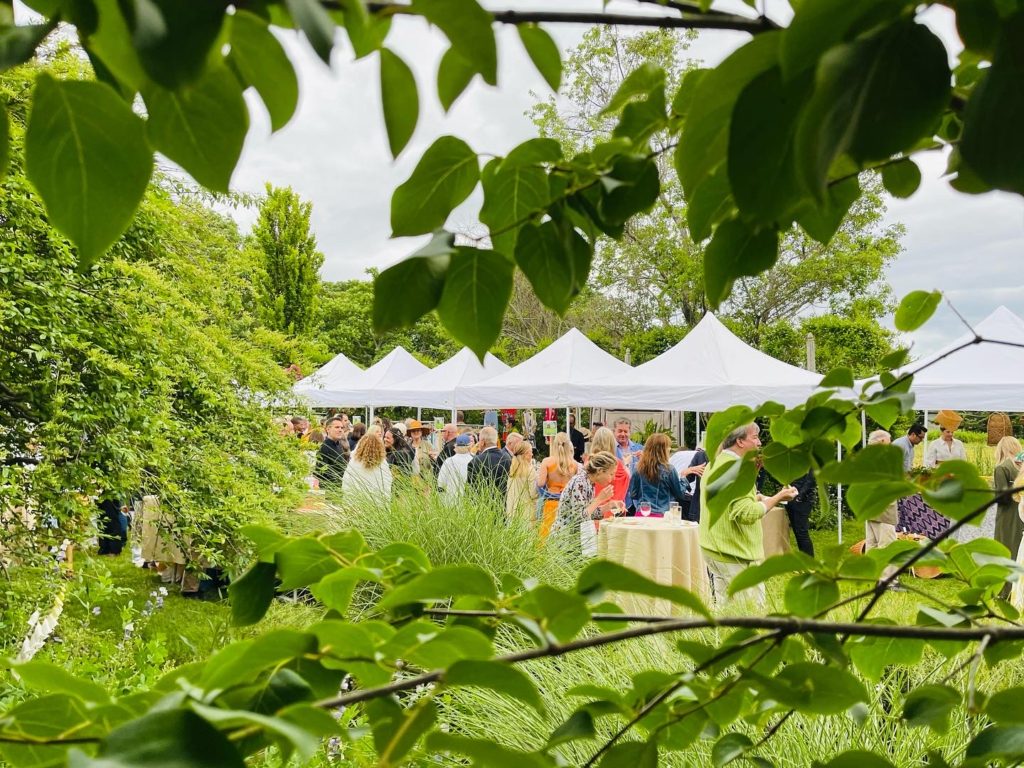
On Saturday June 18 from 11am to 4pm, guests meandered through the paths to meet at The Garden Market with curated vendors and sponsors. Later the same day Much About Madoo’s Garden Market hosted ticketed guests from 6-8pm where they enjoyed lite bites and libations at the cocktail party. Tickets started at $270
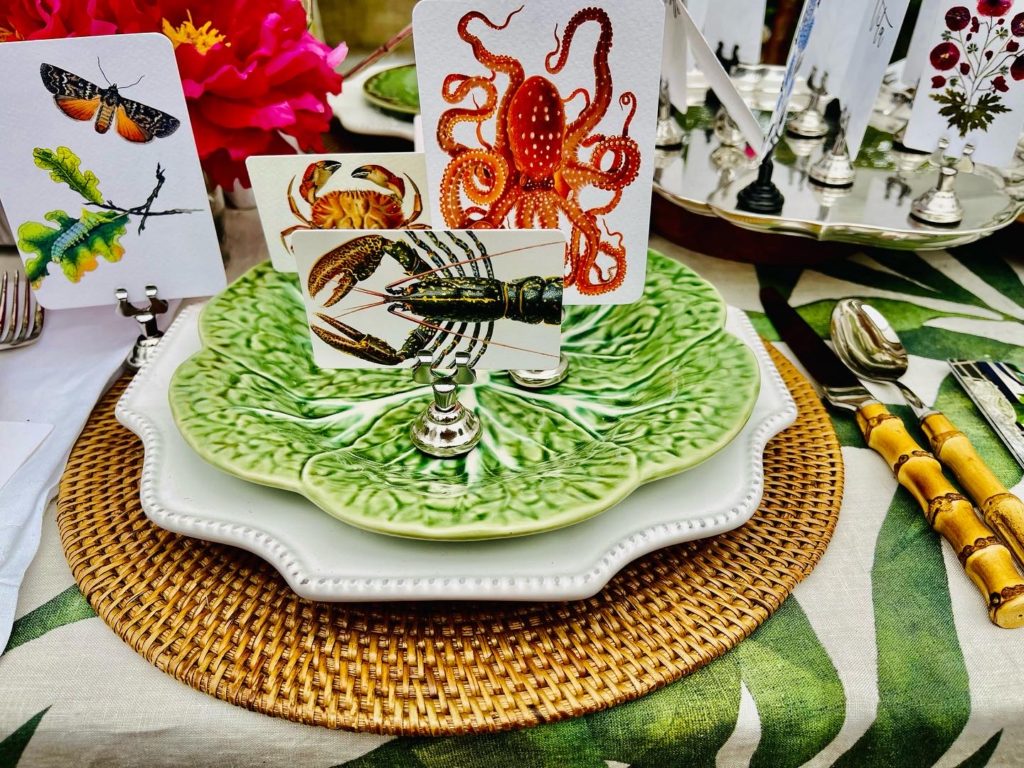
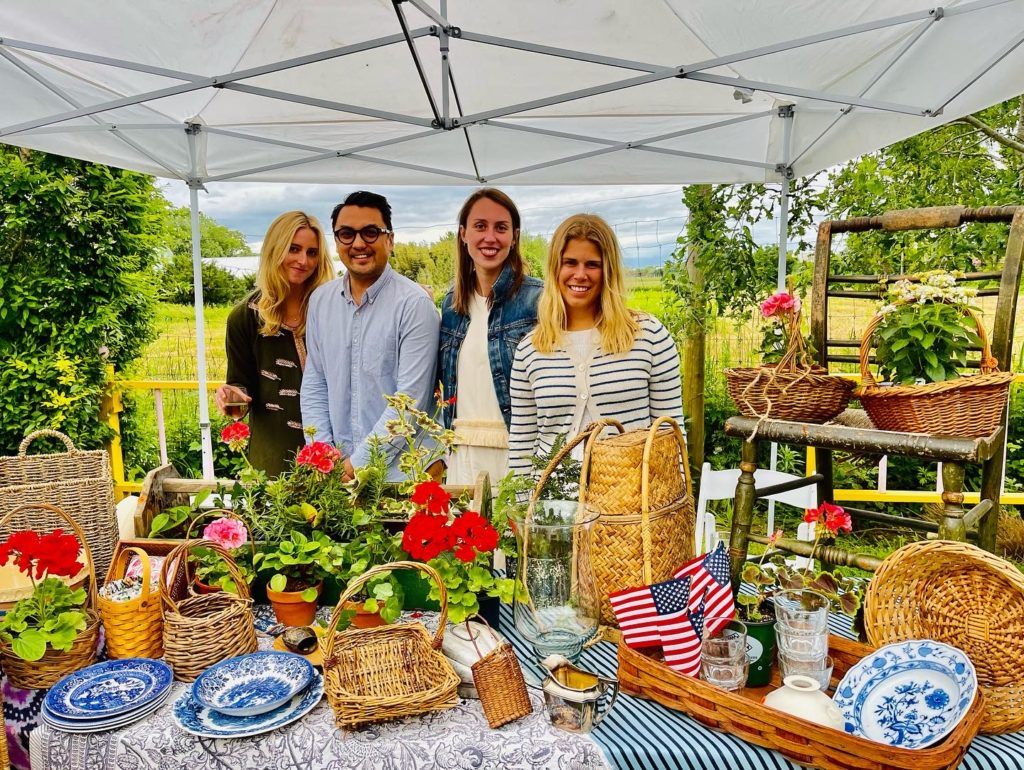
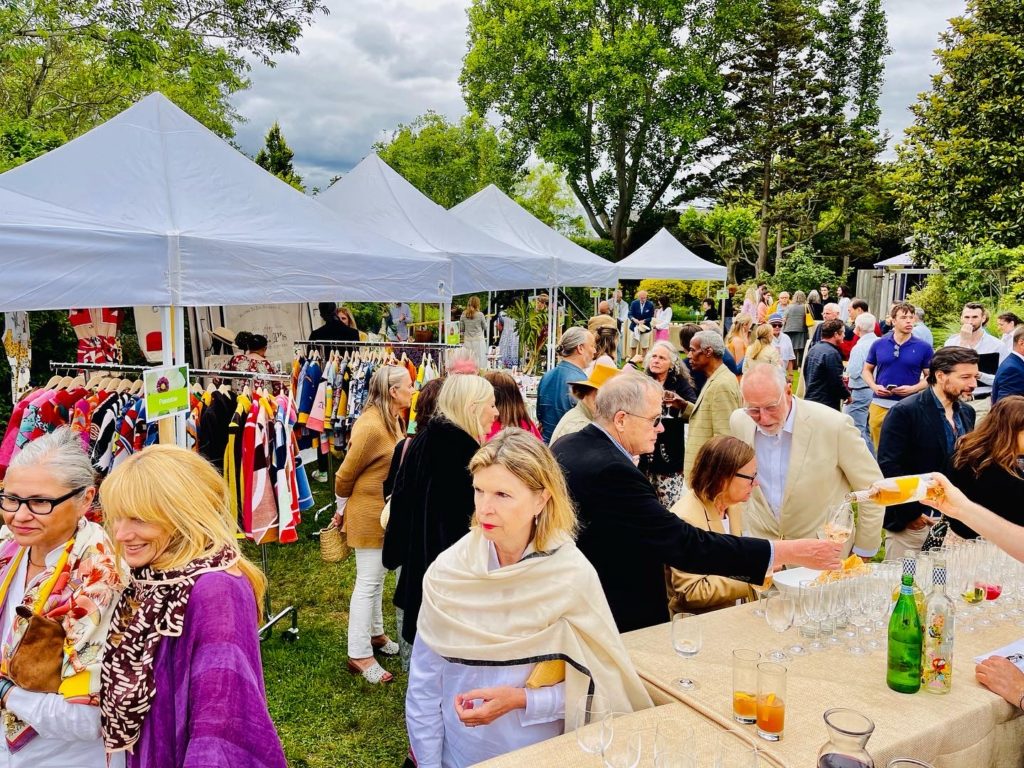
and libations at the cocktail party. Tickets started at $270
Folly
Glover
Orangerie x Christopher Spitzmiller
The Punctilious Mr. P’s Place Card Co.
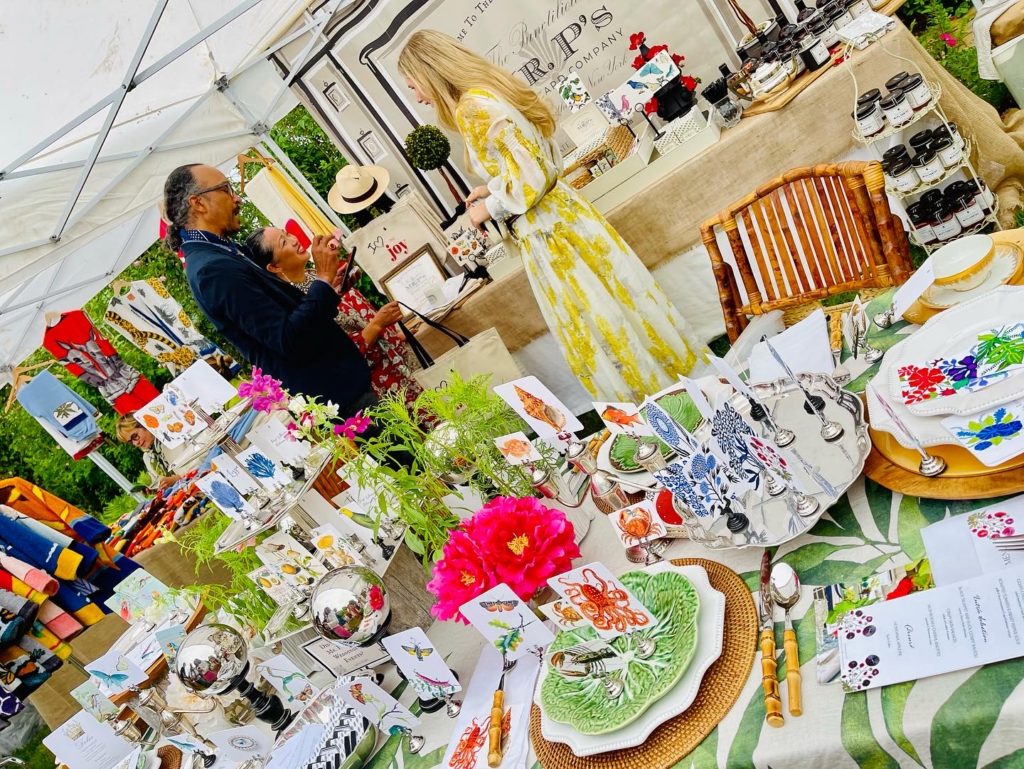
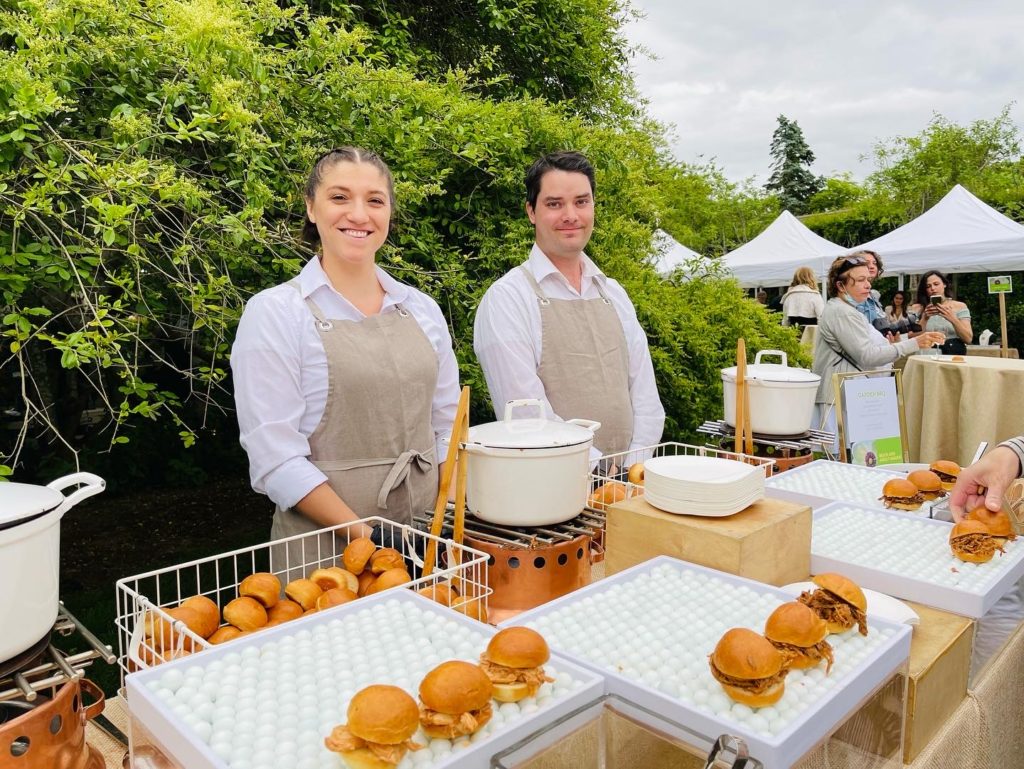
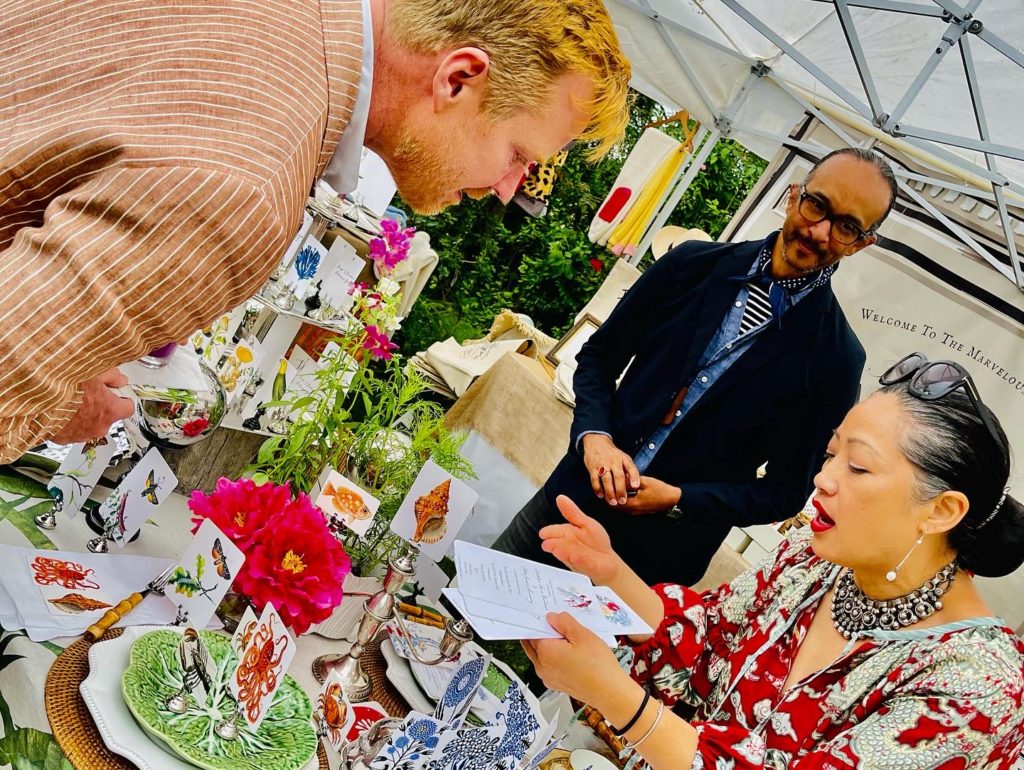
HOST COMMITTEE
Alex Akavan & Eric Dever
Abby & Matt Bangser
Kendell Cronstrom
Dwyer & Michael Derrig
Diana & Frederick Elghanayan
Nisa Geller & Jeffrey Tannenbaum
Linda Hackett
Melinda Hackett & Michael Drury
Susan Harrison & Sara Hart
Katie Leede & Company
Barbara McLaughlin
John Patrick
Tony Piazza & Steven Gugliotti
Ted T. Porter
Kathy & Othon Prounis
Susan & David Rockefeller
Melanie Roy
Margot & Gates Shaw
Wendy Burke Svarre
Edwina von Gal
Madeline Weinrib & Graham Head
Joey Wölffer & Max Rohn
Special thanks to:
Communitie / Fremont Blue Events /
Philippa Weismann / The Graphics Office
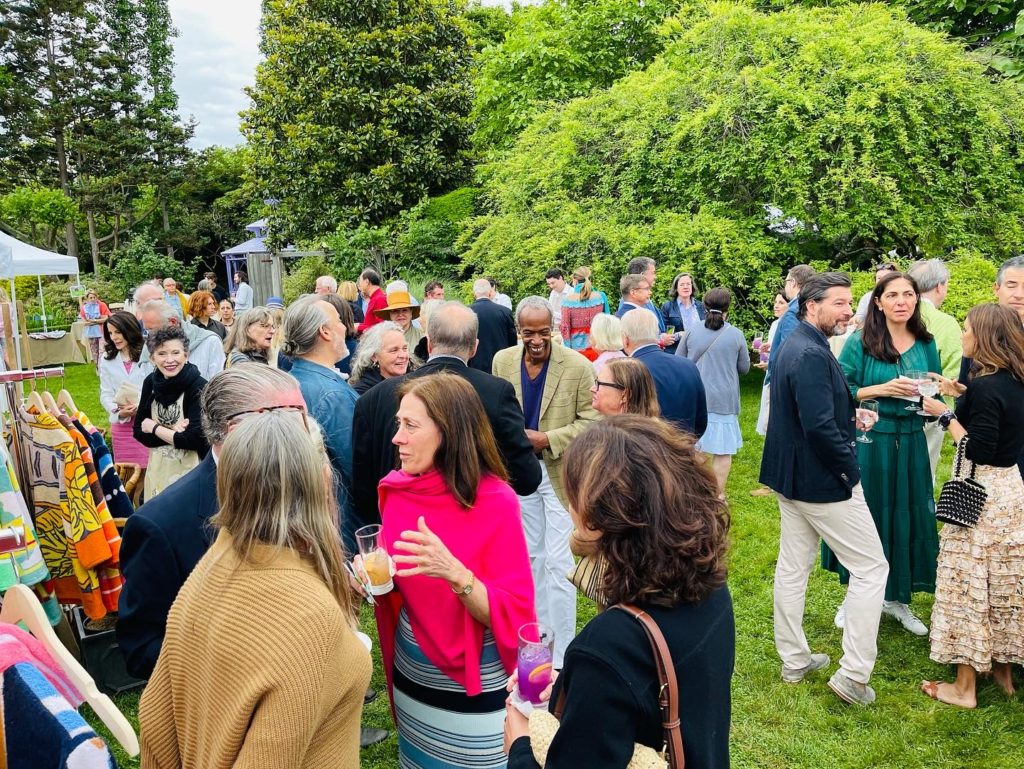
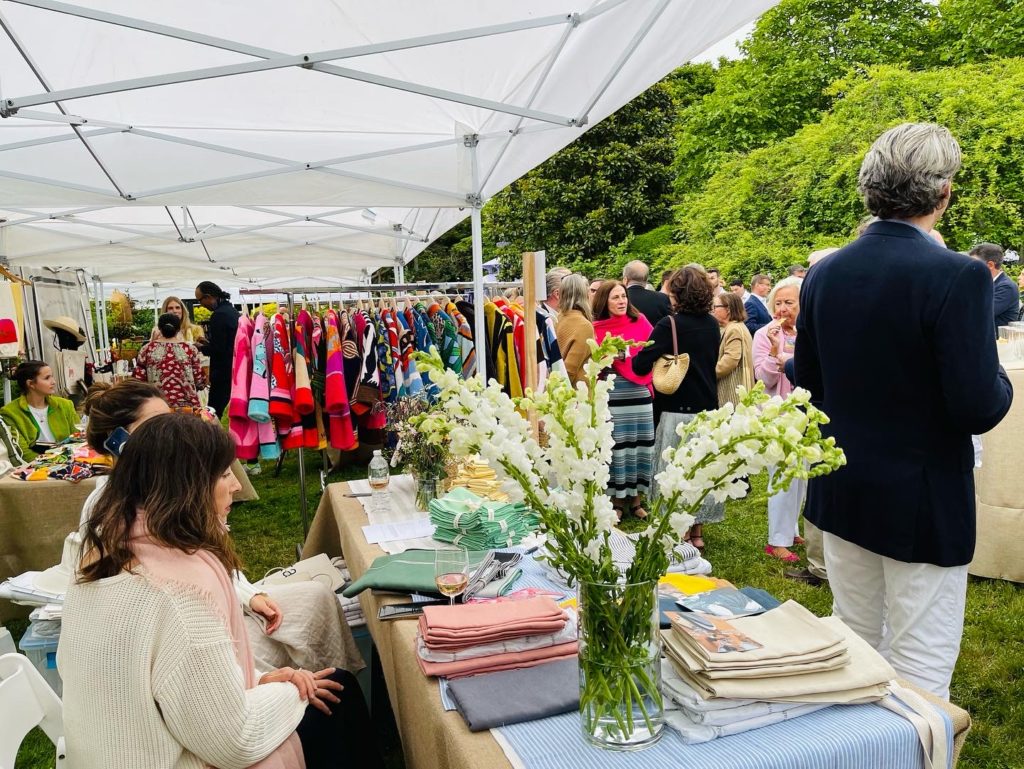
“It winked at me.” With those words, Robert Dash decided to buy the Sagaponack property that he would come to call Madoo, Old Scots for “my dove.” After the 1967 purchase, the garden was developed as a meadow through which Dash would mow paths and place a chair or a bench when he came across a good view. The earliest part of the garden proper was the secret garden in the courtyard of the summer house, which he had fashioned from a 1740 hay barn and various outbuildings. Early visitors recall lush plantings with sky-high yellow hollyhocks.
Among the visitors who game to Madoo were Dash’s coterie of writer friends from New York City. Many had been in his circle during the 1950s and ‘60s, when he was writing poetry and art criticism. His close friendship with the painter Fairfield Porter brought Dash to the East End, and he spent many summers at Porter’s house in Southampton. The poet Douglas Crase recalls being thrilled to see one of his poems framed on a wall at Madoo, and poet John Koethe has described Madoo as “one of the great literary salons of the late-20th century.”
In the 1980s, the garden began to come into its own. Dash’s extensive research into garden design and history, coupled with his growing friendship with legendary English garden designer Rosemary Verey, inspired many of Madoo’s follies. The plantings at this point also became more “gardenesque,” as Dash moved away from the native meadow plants that had caught his attention in the early years. Dash started to paint a gate here or a door there in Madoo’s now signature colors, the garden gained greater fame as it evolved. The pond started out as a simple water feature with a pair of flat bridges. In the early 1990s, Dash reimagined it as the more fanciful Asian-inspired garden that we see today. What was a rose rill (to be reconstructed) in the winter garden started as a brick path, leading the eye to the adjacent farm fields with an obelisk as a punctuation mark.
The link between poetry and Madoo is an ever-present leitmotif in both the garden and its history. The connection between garden, poetry, and art is exemplified in the suite of serigraphs that Dash created with Pulitzer Prize–winning poet James Schuyler, whose words are matched with Dash’s reductivist images of Madoo. Poems written at Madoo often reflect the world Dash created. In Schuyler’s poem “People Who See Bubbles Rise,” a reference to violet curtains is a nod to those hanging in a Madoo guest room, depicted in a tondo painted by Dash.
Since Dash’s passing in 2013 the garden has continued to change as he desired. A Camellia garden was added in 2019 and the entire winter house garden began to be renovated in 2020 with a simplification of the quincunx gardens, removal of the rose rill (to be replaced with a longer rill) and creation of four tapestry hedged rooms. In Dashes own words “I don’t want to inhibit or prohibit or fix this garden in amber; it must remain vital.” MORE HERE


